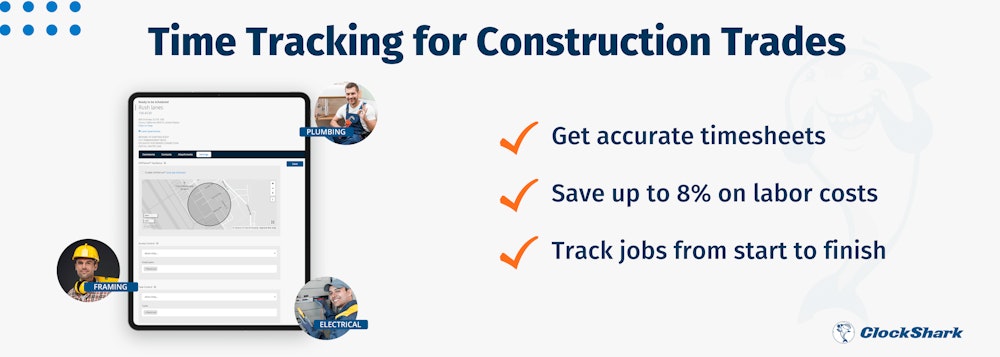Government contracts pay well, especially if you’re working for the Department of Defense. But, thanks to all the bookkeeping and accounting guidelines, Department of Defense contracts take extra administrative work to stay compliant.
Audits help the Department of Defense make sure contractors are worthy of a contract before it’s awarded. And audits are also how they know if contractors are staying compliant after they’ve won a contract.
But the Department of Defense doesn't conduct audits themselves. Instead, they bring in the Defense Contract Audit Agency (DCAA).
What is DCAA?
DCAA is an independent agency that provides financial consulting and auditing services to the Department of Defense and other federal agencies.
DCAA was established in 1965 to make sure every defense dollar is spent wisely. They conduct independent contract audits to “help determine whether contract costs are allowable, allocable, and reasonable.”
These audits save federal agencies an average of $3 billion per year. And as a result of DCAA audits, for every taxpayer dollar these agencies invest, they get a return of $5.02.
8 Most Common Types of DCAA Audits
DCAA frequently uses eight types of audits. It uses them to make sure contractors estimate and charge fairly, and stay DCAA compliant. They use each at different stages of the contract’s lifecycle.
1. Forward Pricing Audits
These audits evaluate estimates that a contractor makes. They are used to determine if a contractor’s bid is fair and comply with all government regulations, including timekeeping guidelines.
2. Accounting System Review
The goal of this audit is to understand if a potential contractor’s accounting system will be able to account for government contracts.
3. Annual Incurred Cost
Contractors with cost-reimbursable contracts are required to submit annual reports that show the final cost accounting for the year. These reports are called incurred cost submissions, and they’re always audited.
4. Real Time Labor and Material
This audit will review your timekeeping policies to make sure they are compliant and includes a “surprise timesheet audit” also known as a “floor check.” This audit is designed to make sure you and your employees are following the timesheet rules. Auditors will show up unexpectedly, show their badge, and ask your employees questions about timekeeping procedures.
5. Cost Accounting Standards (CAS) Compliance
The CAS is a set of 19 standards created to ensure consistency in accounting for costs in government contracts. A CAS audit is designed to make sure government contractors are following all 19 standards.
6. Truth in Negotiations (TiN)
Any contractors with fixed-price contracts in place must submit certified cost data. TiN audits assess whether this certified data is “accurate, complete, and current.”
7. Final Voucher Services
DCAA uses these audits to double check final vouchers sent in by contractors at the end of a project.
8. Termination Audit
This audit double checks the last of the outstanding balances due submitted by the subcontractor in order to close out a finished contract.
Save Time and Money with ClockShark
Here Are Some of the Most Common Categories Evaluated During These Audits:
Labor hours: Are the labor hours correctly classified?
Labor rates: Are the labor rates reasonable for the market?
- Indirect rates: Do indirect rates comply with cost accounting standards (CAS)?
- Materials: Are the proposed types and prices of materials fair?
- Accounting systems: Are accounting systems set up in a way that allows you to properly track time, materials, and money?
- Timekeeping systems: Are your time tracking systems accurate and DCAA compliant?
To pass DCAA audits, contractors have to pay close attention to the government’s rules and regulations for estimating, accounting, and spending. And each of these areas is greatly affected by how your company tracks time.
Make sure your tracking time accurately and effectively with a cloud-based time tracking system like ClockShark. It’s designed specifically for the construction and field services industries and can help companies stay in compliance with DCAA. Try it free for 14-days and see the difference it can make for your business.






